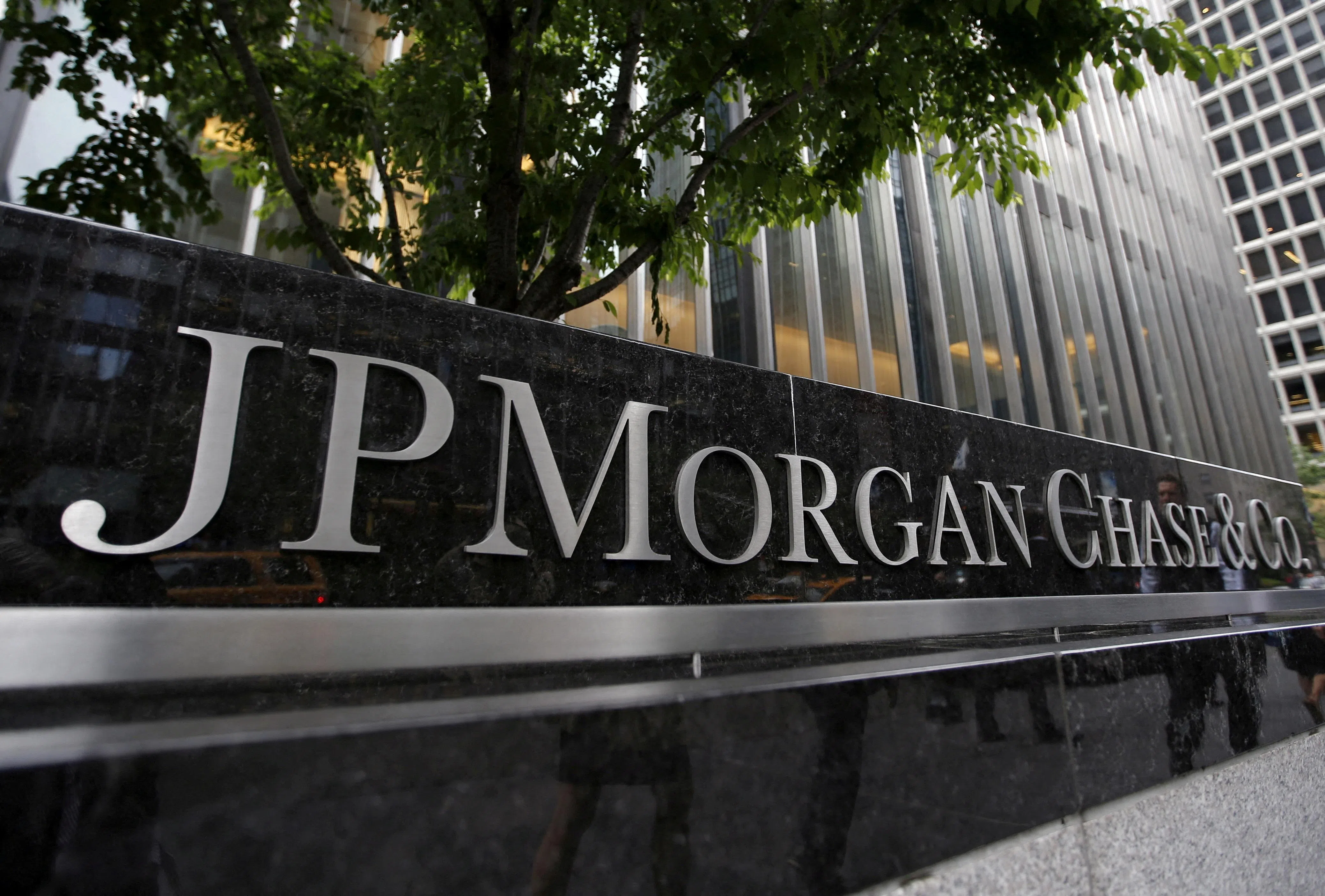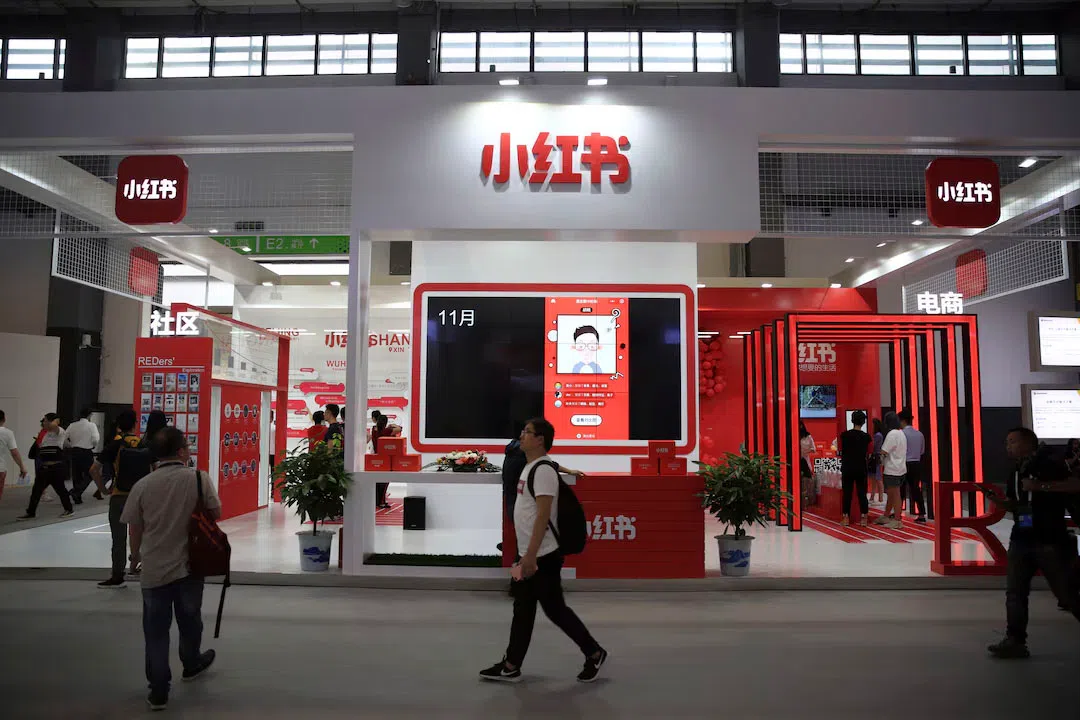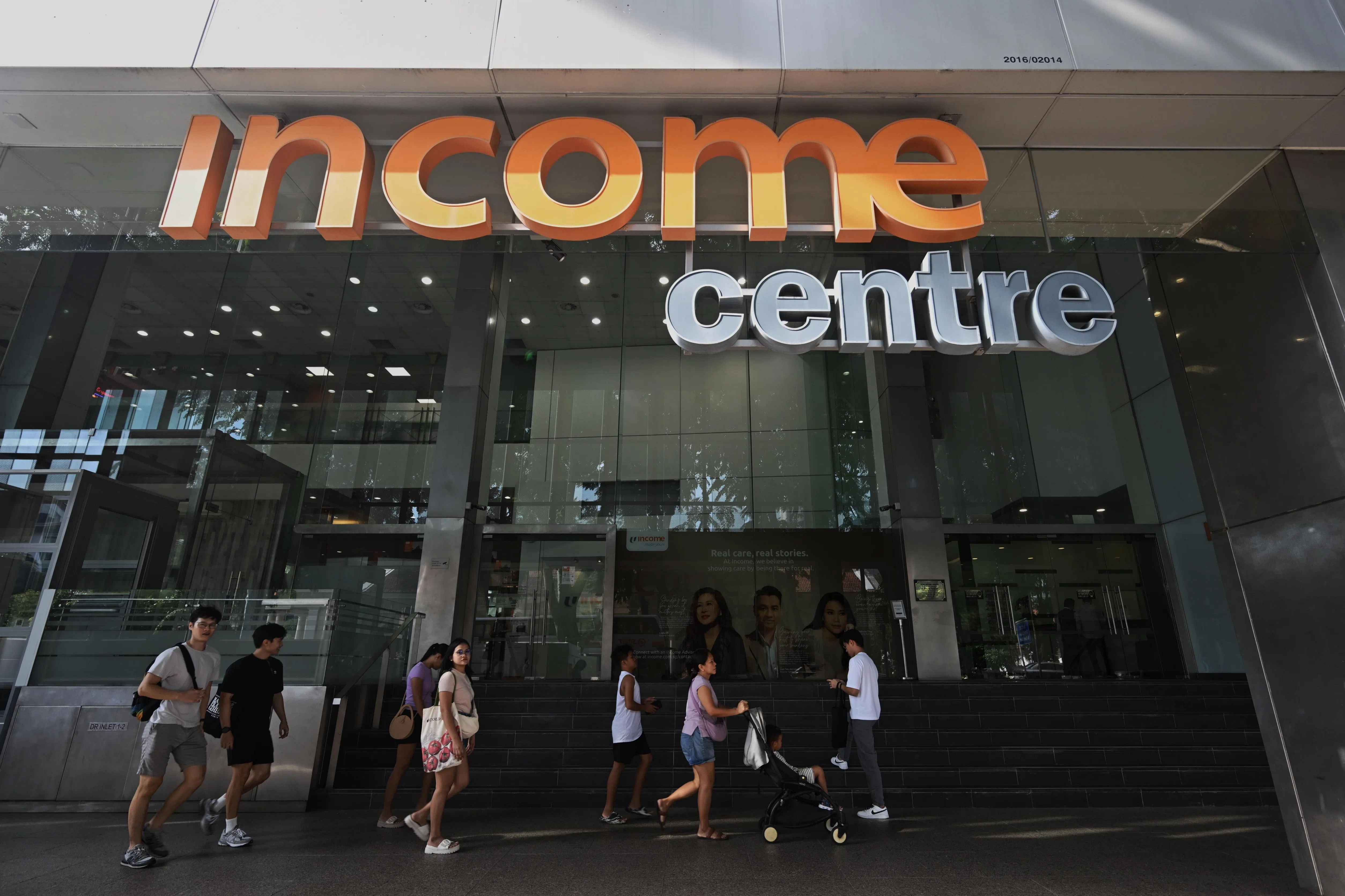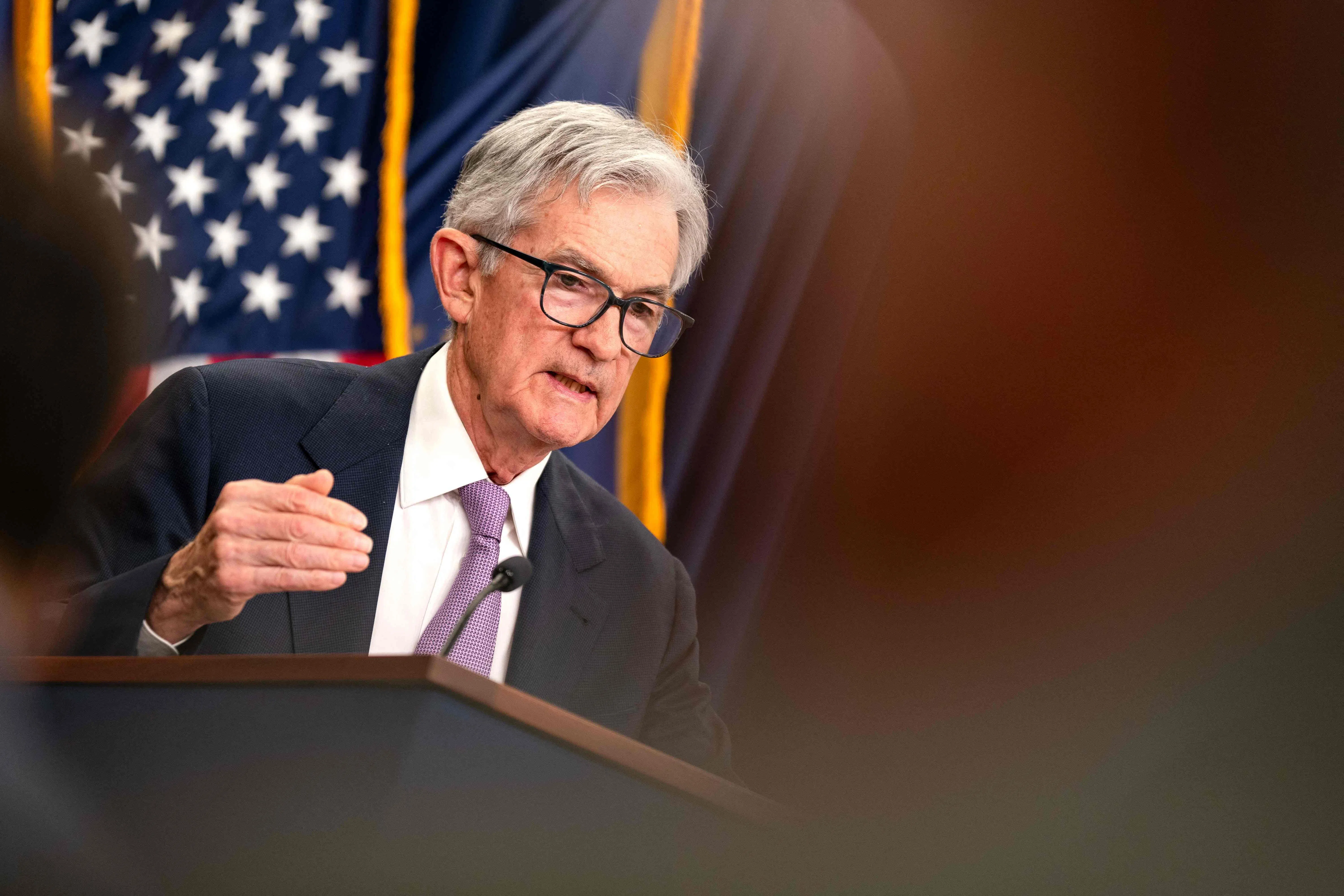JPMORGAN Chase’s profit beat estimates in the first quarter, but shares dropped after the bank’s forecast for income from interest payments fell short of analysts’ expectations.
High borrowing costs have helped lenders boost net interest income (NII), or the difference between what banks earn on loans and pay out for deposits.
However, banks are factoring in the possibility of cuts in interest rates by the US Federal Reserve later this year.
JPMorgan, the biggest US bank by assets, also added billions of US dollars of loans to its balance sheet after acquiring failed First Republic Bank in May last year, further fueling its interest income.
“The American economy is strong,” CEO Jamie Dimon told journalists on a conference call. “Consumers still have excess money. Stock prices are up.”
Still, Dimon reiterated caution about “a number of significant uncertain forces” that could weigh on the economic outlook, including “unsettling” global conflicts, persistent inflationary pressure and quantitative tightening, he said in a separate statement.
GET BT IN YOUR INBOX DAILY
Start and end each day with the latest news stories and analyses delivered straight to your inbox.
The bank expects full-year NII, excluding trading, of US$89 billion, depending on market fluctuations. That is up from a previous estimate of US$88 billion but lower than the US$90.68 billion analysts had expected, according to LSEG.
“We suspect the unchanged outlook will disappoint investors a bit and could weigh on the stock in the immediate term,” Scott Siefers, an analyst at Piper Sander, wrote in a note.
Shares of the bank fell nearly 6 per cent. The bank’s executives have warned for months that its surging NII was not sustainable.
“The absence of an increase in the NII guide could be viewed as disappointing by the market,” HSBC analyst Saul Martinez wrote.
Despite the fall in shares, analysts believe that this was yet another “solid” quarter from JPMorgan.
“The bank’s financials looked very encouraging,” said Octavio Marenzi, CEO of management consultancy firm Opimas, adding that the only negative was the increase in non-interest expenses.
The lender also earmarked US$725 million to replenish a government deposit insurance fund, less than the US$3 billion it set aside at the end of last year.
JPMorgan was among the banking giants that made up the bulk of contributions to the Federal Deposit Insurance Corp fund, which was drained when three regional lenders failed last year.
That drove the bank’s expense forecast to US$91 billion, compared with the US$90 billion it had estimated earlier.
In contrast to peers that are trimming staff, JPMorgan added about 2,000 employees to its workforce of 311,921. That is 5 per cent higher than a year earlier.
Profit was US$13.42 billion, up 6 per cent, or US$4.44 per share, for the three months ended Mar 31, compared with US$12.62 billion, or US$4.10 per share, a year earlier.
“Consumers remain financially healthy, supported by a resilient labour market,” chief financial officer Jeremy Barnum said.
Loans jumped 16 per cent to US$1.31 trillion, while NII rose 11 per cent to US$23.2 billion. Excluding the impact of First Republic, NII was still 5 per cent higher than last year. Barnum expects credit card loan growth to continue.
“Away from card, the rest of lending is really pretty quiet,” Barnum said, noting that small businesses have plenty of cash and there was some amount of caution among borrowers.
JPMorgan set aside US$1.88 billion as provisions for credit losses, compared with US$2.28 billion last year.
Trading revenue at the bank fell 5 per cent to US$8 billion, with revenue from fixed income, currency and commodities (FICC) dropping 7 per cent and equities flat.
Investment banking revenue gained 27 per cent to US$2 billion, driven by higher fees earned on debt and stock underwriting. Fees earned advising on mergers and acquisitions, however, fell.
“We have some momentum in announced M&A, which is good to see, but there are regulatory headwinds there,” Barnum said.
Overall revenue rose 9 per cent to US$41.93 billion.
Succession
Dimon joined the conference call remotely and left before it concluded to attend an off-site leadership meeting, Barnum told analysts.
During the bank’s fourth quarter earnings call in January, the typically vocal CEO answered just two questions, after one analyst said: “I’m not sure if Jamie’s on the call.”
JPMorgan’s succession plans have been in focus for months, especially after Morgan Stanley and Lazard named new CEOs.
Contenders for the top job include Jennifer Piepszak and Troy Rohrbaugh, recently appointed co-CEOs of JPMorgan’s expanded commercial and investment bank, and Marianne Lake, CEO of consumer and community banking. REUTERS







